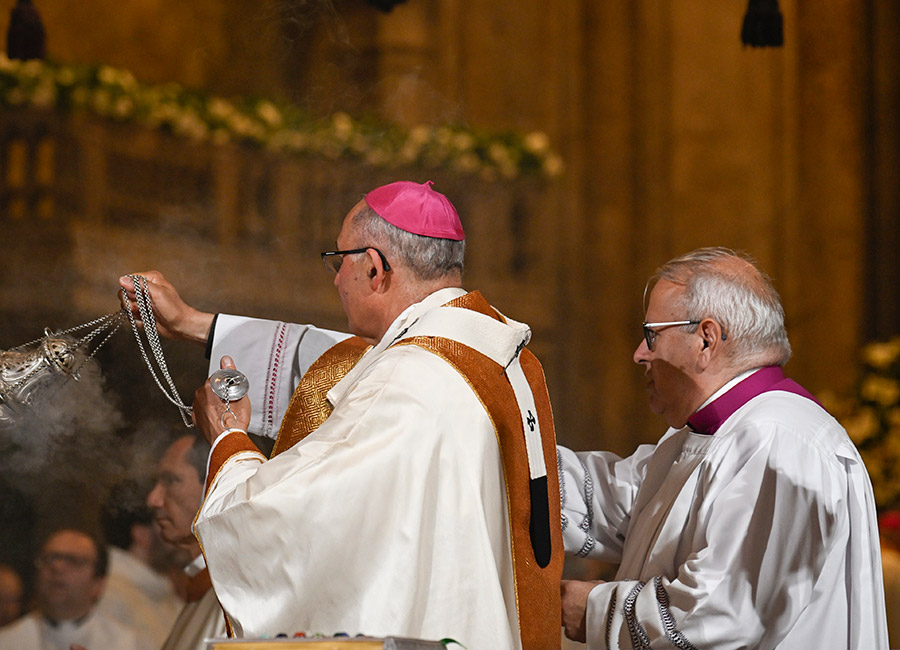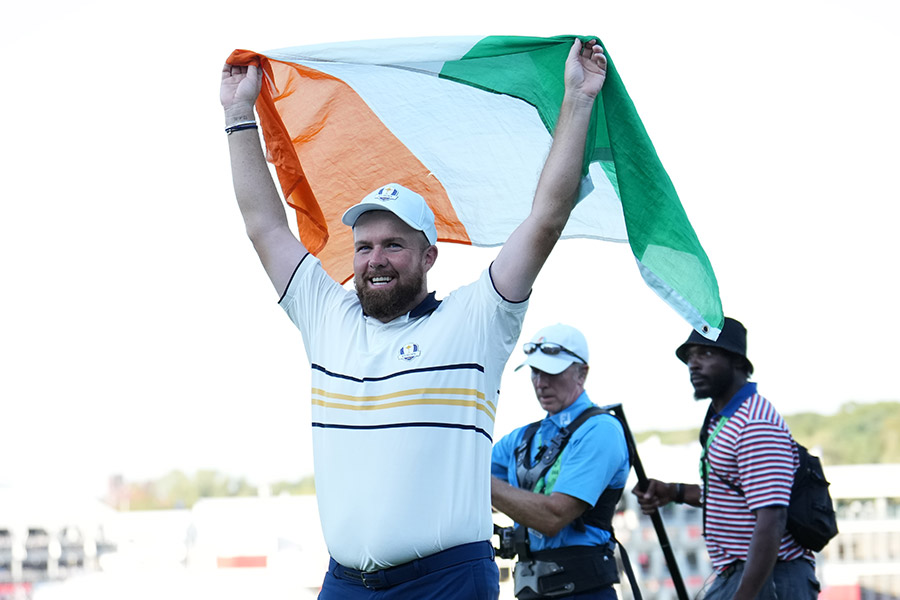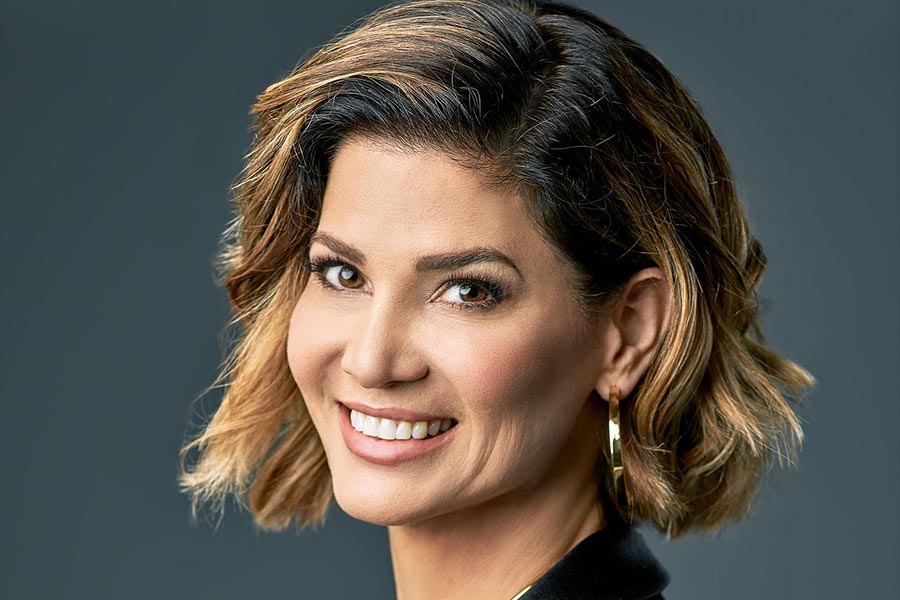The process of electing a new Pope of the Catholic Church will begin on May 5th, following the death of Pope Francis at the age of 88 on Easter Monday (21 April).
The late pontiff had been in poor health for the past few months, and the Vatican confirmed his cause of death as stroke followed by a coma and irreversible heart failure.
The former Cardinal Jorge Bergoglio was the first non-European as well as the first Jesuit to serve as Pope, and he was an outsider to the Vatican establishment prior to his 2013 election to replace the retiring traditionalist Pope Benedict XVI.
Since his death, Pope Francis has been remembered as a progressive leader of the church, who tried to open the Church to divorced and LGBTQ+ people.
In 2016, he visited a centre for asylum seekers near Rome where he washed and kissed the feet of refugees that included Muslims, Hindus and Coptic Christians, and he used his speeches to advocate for migrants and speak out about climate change and poverty.
In his tribute, President Michael D. Higgins said Pope Francis held the papacy with "a unique humility," and that he "sought to show in the most striking and moving of ways the extraordinary importance of the spiritual as a powerful source of global ethics in the challenges of contemporary life.
"On the vital issues of our time - such as global hunger and poverty, of climate change and justice, of the plight of migrants and indigenous peoples, of the dispossessed, of the fundamental necessity of global peace and diplomacy - Pope Francis' voice constituted a consistent invocation of a shared humanity that is represented by acknowledgement of the essential dignity of each human person."
The President added that during his visits to Ireland, the later Pope spoke about the scandals of child abuse, including in the Church, and that he played "a positive role" in matters such as the Church's attitudes towards women and the LGBTQ+ community.
The next Pope will be elected by the Church's most senior figures, the College of Cardinals, usually 15-20 days after the Pope's death.
Although there are more than 250 cardinals, those over the age of 80 are excluded, so there are 135 cardinal electors, the vast majority of whom were chosen by Pope Francis in the past decade.
The new Pope will be installed at the head of one of the world's wealthiest organisations, but the vast wealth of the Catholic Church is thought to be incalculable due to the secrecy surrounding its as well as the spread of its assets.
In 2023, Marketplace estimated that the Catholic Church had at least $73bn in assets based on the estimated wealth of the Church in Australia, Germany and New York as well as the Vatican Bank and the Holy See's assets. An incomplete but staggering picture of the Church's wealth.
The Administration of the Patrimony of the Holy See (APSA) revealed the extent of its real estate holdings for the first time in 2021, showing that the Vatican owns more than 5,000 churches and investment properties around the world.
The vast majority are located in Italy (4,249 in 2023) and are used by church-affiliated groups or leased at below market rates, and there are also approximately 1,200 properties outside of Italy in cities such as London, Geneva, and Paris.
APSA, which acts as the treasury and central bank of the Holy See, made a profit of €45.9m in 2023, of which it contributed €37.9m to the Roman Curia, the central administrative body of the Holy See.
The latest annual accounts for the Institute for the Works of Religion, commonly known as the Vatican Bank, show a net profit of €30.6m in 2023.
The bank manages some €5.4bn in client assets -- most of its customers are bishops, religious groups, nuns, and clergy -- including €1.6bn in deposits, €2.9bn in assets under management and €837m in assets under custody.
Its own assets includes €2.1bn in securities, €173.6m in bank deposits, €134.9m in pension plan assets, and €60.2m in loans to customers, and the €1.7bn due to customers represents 71% of the bank's liabilities.

In 2021, former Vatican finance minister Fr. Juan Antonio Guerrero Alves told Vatican News that the entire Holy See, excluding the Governorate and the Vatican Bank, held total assets of €3.9bn, and net assets of €1.6bn, as revenues surged from €248m to close to €1.1bn following the worst of the pandemic.
So, whoever the new Pope is, when they are elected, they will ultimately be responsible for a sizeable portfolio of property assets, significant cash reserves and other financial assets.
(Pic: Alishia Abodunde/Getty Images)











